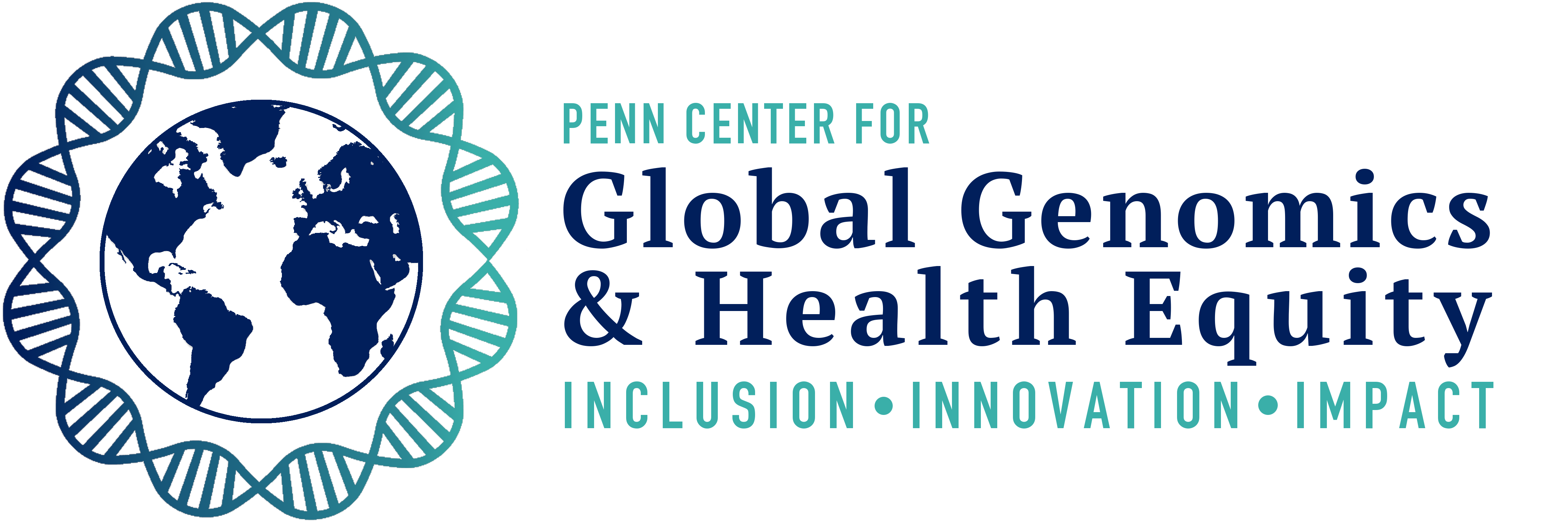Our Vision
To advance genomics research for the benefit of all.
Our Mission
Reduce health disparities through genomics research, education, policy, and practice.
Our Goals
Facilitate integrative genomics research across global populations through interdisciplinary collaborations, community partnerships, and education.
Why we do what we do
Every person carries a unique genetic code that influences both normal variable traits as well as risk for disease and side-effects from drug treatment. We know that health disparities exist for common diseases that have a genetic component such as diabetes, heart disease, breast and prostate cancer, kidney disease, among others. Unfortunately, individuals included in genomics research are not representative of all ancestries which impedes our ability to fully understand the genetic and environmental risk factors influencing health disparities. Thus, our ability to translate genetic research into clinical practice or public health policy may be incomplete, or worse, mistaken. Inclusion of individuals representative of global populations in genomics research is essential and requires careful consideration of ethical, social, and political challenges.
The purpose of our center is to facilitate understanding of genetic and environmental factors influencing health disparities in the US and across the globe through interdisciplinary collaborations, partnerships, and education. These findings will be translated into public policy and clinical practice.




